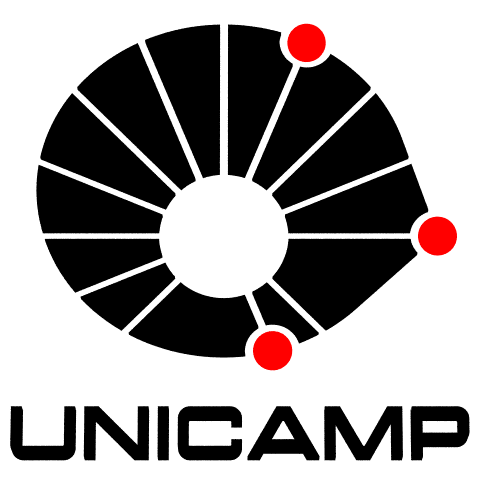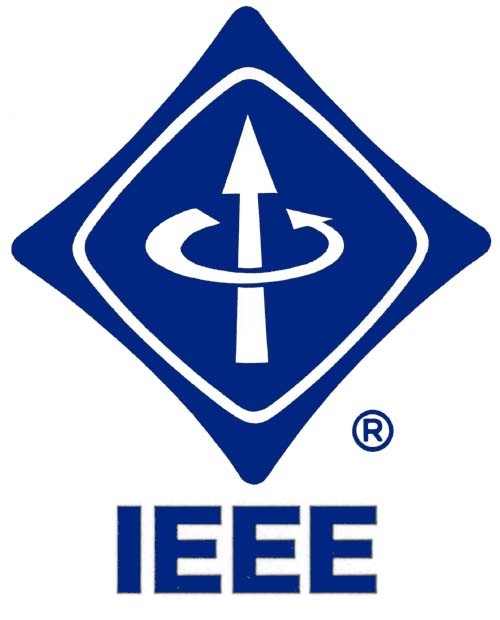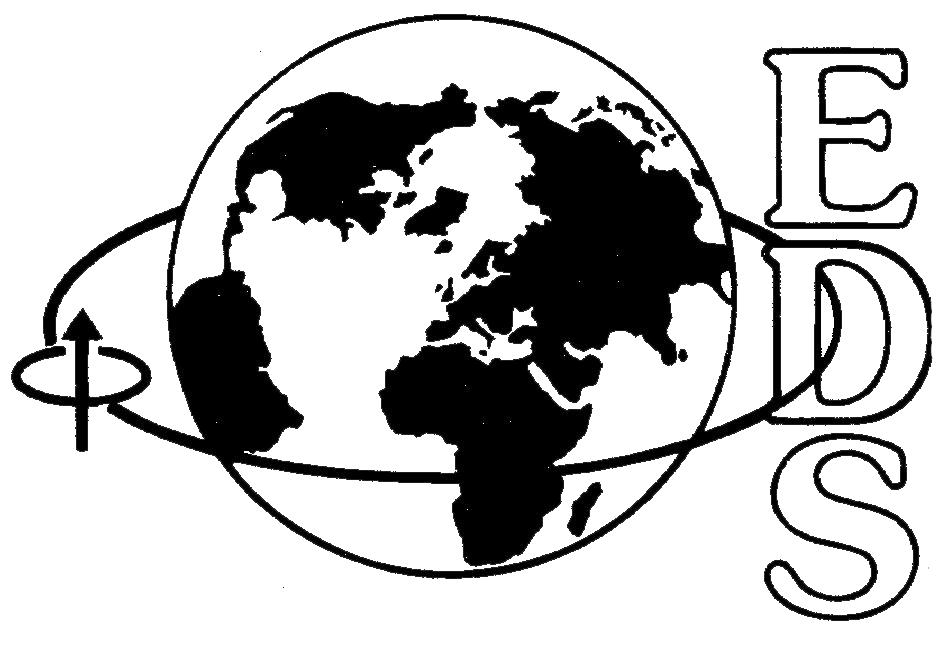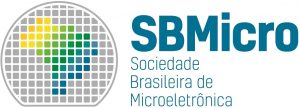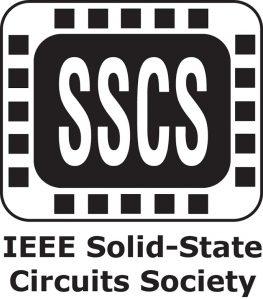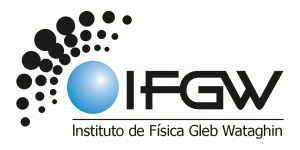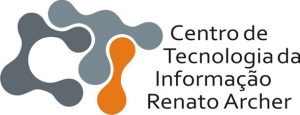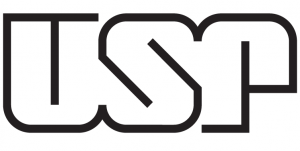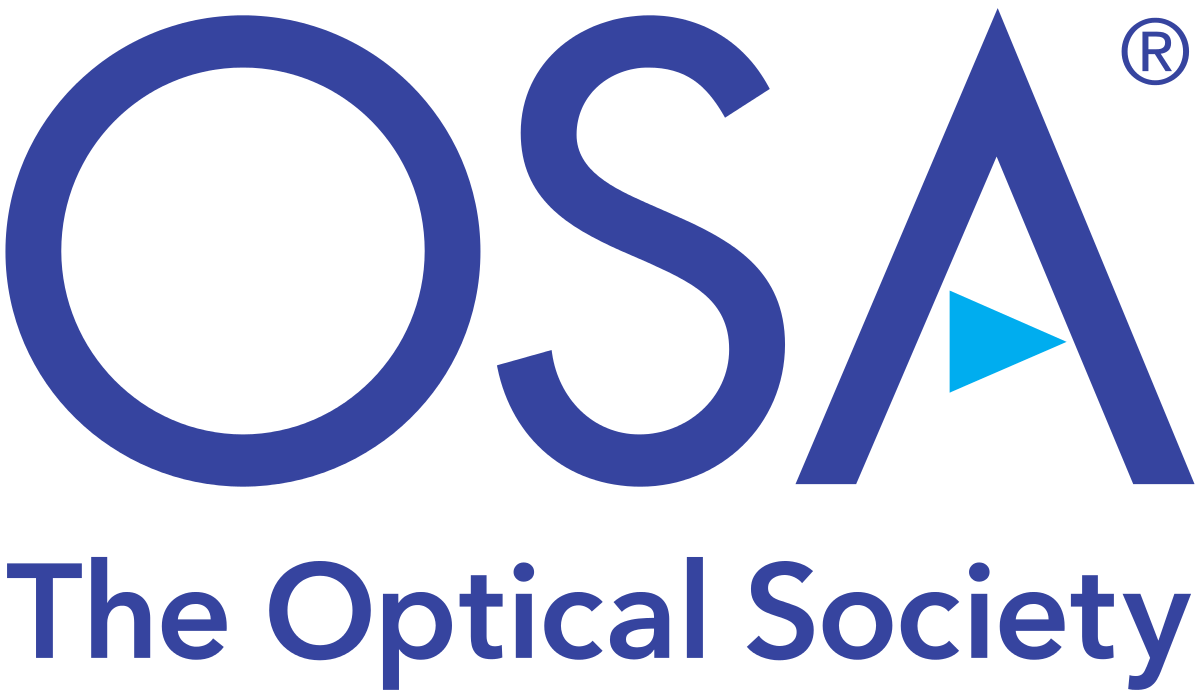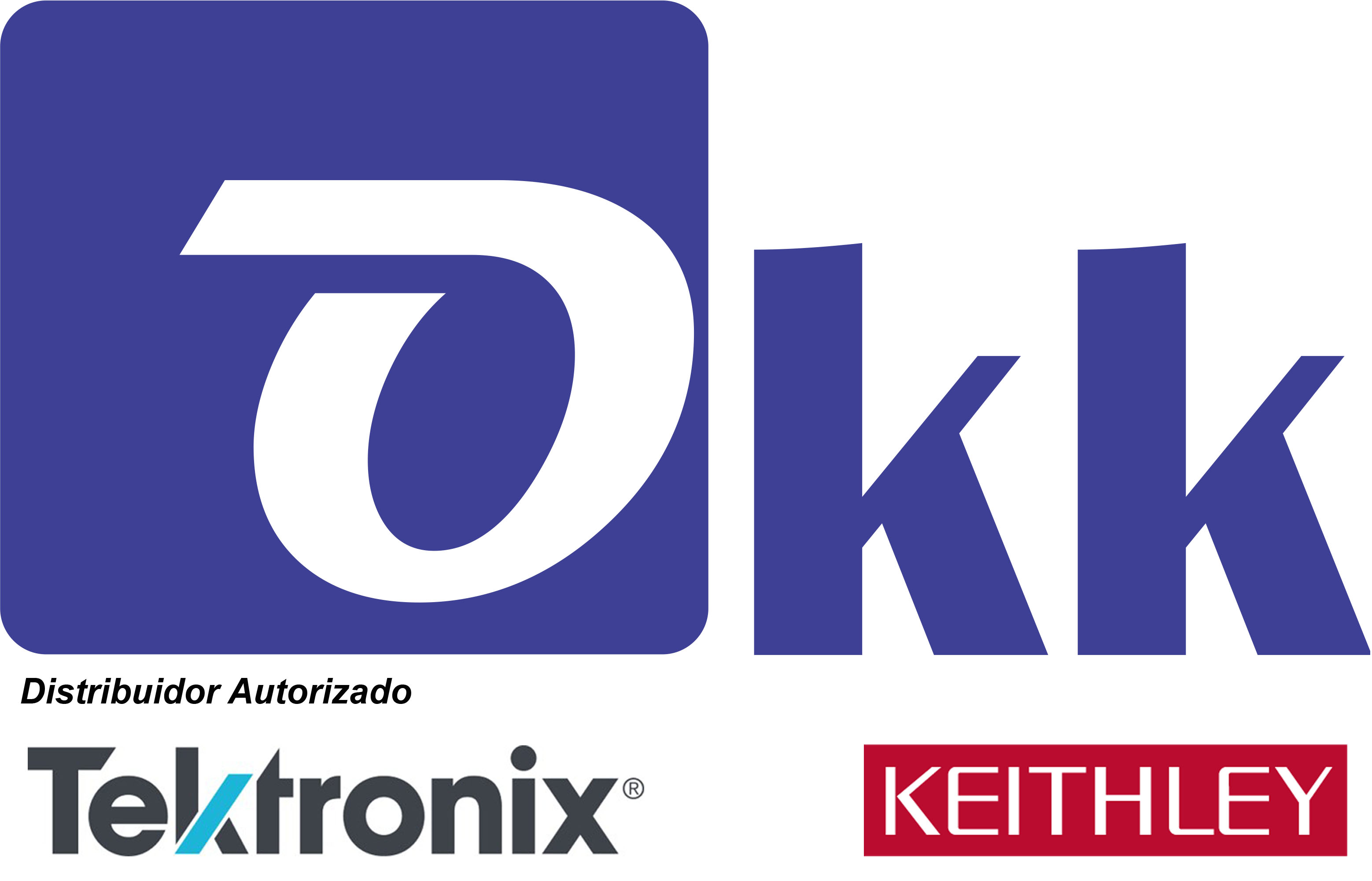Don’t miss out: Seminatec 2023 will offer 4 short courses. Places are limited for this amazing innovation opportunity so secure your spot NOW!
Register now to save your spot in the short courses.
The short courses will be held virtually on Google Meeting. The link will be sent by e-mail.
March, 29th
08:30 – 10:00 Introduction to CMOS technology
Prof. José Alexandre Diniz, UNICAMP
Presenting introductions to:
- Nano and Microfabrication processes.
- Process integration for MOS IC fabrication.
- CMOS technology evolution.
Aimed towards:
- Undergrad students in Engineering, Physics and Chemistry from the 3rd to 5th years.
- Grad students in Engineering, Physics and Chemistry.
- University professors, technical, trade and high school teachers.
- Industry and research center professionals.
Jose Alexandre Diniz received a B.Sc. degree in physics, the M.Sc., and the Ph.D. degrees in electrical engineering from the University of Campinas (UNICAMP), Campinas, SP, Brazil, in 1988, 1992, and 1996, respectively. Prof. Dr. Diniz worked in the Department of Semiconductors, Instruments, and Photonics (DSIF) at UNICAMP as a postdoctoral researcher from 1996 to 1998.
As a Visiting Scientist, he was with the University of Florida, Gainesville, FL, USA, in January 1998. Since January 1999, he has worked as a Researcher in the Center for Semiconductor Components and Nanotechnologies (CCSNano) at UNICAMP. Between July 2010 and August 2016, he was the Director of this Center. Also, since September 2002, he has been working in the School of Electrical and Computer Engineering (FEEC) at UNICAMP as a Professor in the electronics area. In April 2017, he became a Full Professor, and since April 2019, he has been the Director of FEEC/Unicamp. He was vice president of the Brazilian Society of Microelectronics (SBMicro) between 2016 and 2020. His mean interests are ultra-thin high-k film growing, thin film deposition and etching techniques, high-speed transistors (FinFETs, HBTs, and FETs based on graphene), photovoltaic cells, and sensors. He is a member of EDS/IEEE and AVS. He has more than 210 articles in indexed journals and at international conferences. Because of his contributions in the area, he received the Fr. Landell de Moura 2022 award, promoted by SBMicro.
Link de acesso: meet.google.com/omw-idoc-mai
10:30 – 12:00 Introduction to ASICS (Application-specific Integrated Circuits)
Daniel Lazari, LUMENTUM
- Custom ASIC development phases
- Front-End (FE) and Back-End (BE) design flows
- Sub-16nm challenges
- Coherent DSP ASIC example
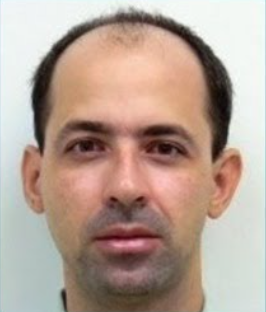
Daniel Lazari is an Electronic Engineer with over 30 years of experience developing ASICs, FPGAs, and hardware systems. Engaged in several System-on-a-Chip (SoC) design phases from Architecture, through RTL coding and simulation, until silicon testing and software integration. Designed chips for several applications such as Telecom, Medical Devices, Satellites, Mobile Computing, Imaging & Video, and Industrial Automation. Former IC-Brazil teacher.
Link de acesso: meet.google.com/omw-idoc-mai
13:30 – 15:00 Photonic Integrated Circuits (PIC)
Dr. Felipe Vallini, INTEL
Silicon Photonics and Lasers for optical telecommunications are now one of the optoelectronic applications that have achieved over $1B per year in revenue, enabling longer and/or higher speed links with less energy consumption in comparison with Copper links. In this case, the high-speed electrical signal is converted into an optical signal through a transmitter and sent through optical fibers, totalizing around 45% of the cost of modern cloud data centers. One of its key components are III-V semiconductor lasers, requiring extremely high carrier recombination rates and operating at conditions predisposed to rapid aging and wear out, that could lead to early failures in the field, a situation that any manufacturer wants to avoid. In this talk, I will discuss Silicon Photonics at Intel and the potential of Si/III-V hybrid lasers for high-volume integration, the importance, and the physics of laser and silicon photonics component’s reliability.
Felipe Vallini is a Silicon Photonics Reliability Engineer at Intel. He received his PhD in Physics from UNICAMP, Brazil, followed by 3 years as a post-doctoral researcher at University of California San Diego (UCSD), working on a variety of silicon photonics component devices including semiconductor lasers, amplifiers, micro-ring resonators and one of the first experimental demonstration of a topological laser.
His expertise goes from epitaxial layers and device design thru fabrication and characterization of SiPh devices, with more than 30 peer-reviewed papers and 1000 citations. Felipe started his career at Intel in 2017 where his focus now is ensuring the reliability of Silicon Photonics transceivers, understanding its failure mechanisms, and developing acceleration models.
Link de acesso:meet.google.com/omw-idoc-mai
15:30 – 17:00 Technology Innovation and Entrepreneurship
Prof. Newton Frateschi, UNICAMP
In this short course, we will discuss the main stages of a startup: ideation, operation, traction and scale-up. We will talk about entrepreneurship, financing processes and the search for support for new business at tecnology.
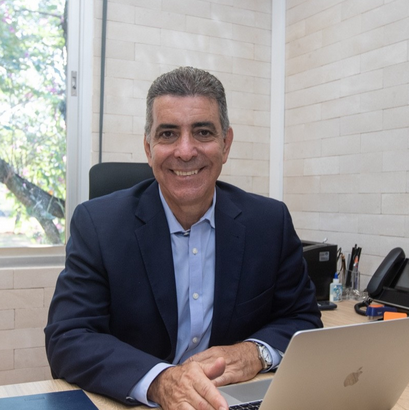
Newton C. Frateschi is a Full Professor at the Institute of Physics “Gleb Wataghin” of the University of Campinas (IFGW – UNICAMP. He is the vice president of the Municipal Council of Science Technology and Innovation of Campinas. He served as Deputy Secretary of Economic Development in 2022, and, as leader in Science Technology and Innovation in 2021, both in the municipality of Campinas. He was the executive director of the Inova UNICAMP Innovation Agency from 2017 to 2021.
He was director of IFGW- UNICAMP from 2014 to 2017 and deputy director of the same institute from 2010 to 2014. Frateschi was also the director of the Center for Semiconductor components and Nanotechnologies – UNICAMP from 2005 to 2010. From 2001 to 2003, Frateschi served as a senior optoelectronics designer in the advanced photonic device technology group at T-Networks Inc. in Pennsylvania, United States. He holds a PhD and a MSc in Electronic Engineering from the University of Southern California and a bachelor’s and master’s degree in Physics from IFGW UNICAMP. Frateschi is also a level 1 researcher at CNPq – National Council for Scientific and Technological Development. He coordinates the Photonics Integrated Laboratory of UNICAMP – LIF-SISFOTON and the Device Research Laboratory (LPD) of IFGW – UNICAMP. He is the author and co-author of several scientific papers and patents, mainly in the areas of optoelectronics and photonics.
Link de acesso: meet.google.com/omw-idoc-mai

